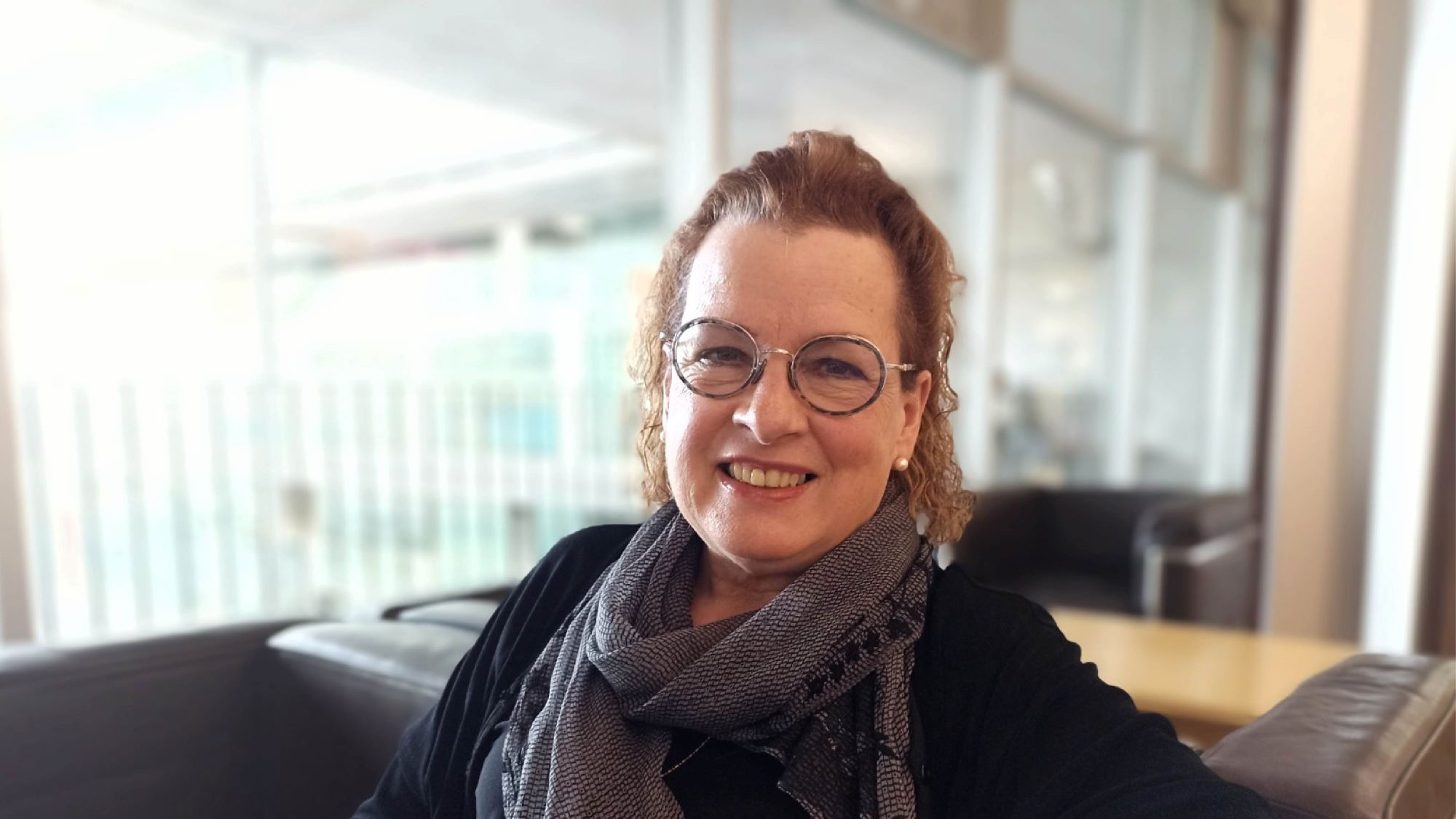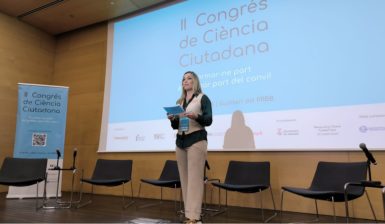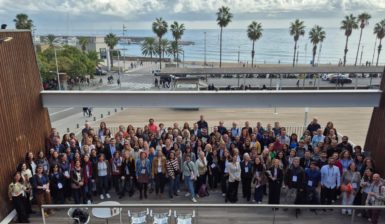Bartha Knoppers is a world expert in the ethical and legal aspects of biotechnology. She studied law in Canada, the UK (Cambridge) and France (La Sorbonne), and has been at the forefront of some of the scientific developments with greater potential effects for human kind. She started her career dealing with in vitro fertilization when that was seen as nearly science fiction, and moved to genomics with the sequencing of the human genome twenty years ago.
The law professor and current Director of the Centre of Genomics and Policy of the Faculty of Medicine at McGill University, has been Chair of the Ethics Working Group of the GA4GH (Global Alliance for the Human Genome), an initiative born in 2014 with the aim of making genomic data available for all. She is currently also Chair of the Ethics Working Group of the Human Cell Atlas, another ambitious international initiative that aims to create cellular reference maps with the position, function and characteristics of every cell type in the human body.
Knoppers was invited by Roderic Guigó, a researcher at the Centre for Genomic Regulation (CRG) and one of the few in Spain to participate in the human genome sequencing, to talk about the regulatory future of regenerative medicine. She talked about a new ‘human rights’ approach, rather than an individual approach, to ethics, rights and regulations. “We’ve been using individual rights: consent, privacy… What I propose is a completely different mindset. We should be looking at a collective, global approach. Use human rights that are universal, belong to everybody”.
After her seminar at the PRBB Auditorium, we took the chance to talk to her.
You have taught mostly law students for 23 years, but also geneticists or doctors about bioethics and law. How do scientists take to this subject?
I think the questions I received today at my talk show how much the scientists understand about it. I’m very impressed about the capacity of science students, or those doing IT, or medicine or genetic counseling… to understand and ask about the ethical and policy implications of their work. And rightly so, because they are very important.
What is your aim at the Centre of Genomics and Policy?
We try to develop policies by doing research; taking into account the scientists and the general public perspectives, the technical aspects of the science, and also trying to anticipate what the future needs are, not only current needs. If you can do that, anticipate the needs, you can provide guidelines, prepare public debates on the issue, ask the governments to monitor its development, etc.
We foster data sharing to advance research faster and efficiently. But we are having more restricted regulations regarding data use, such as the GDPR. How do these two legitimate interests balance each other?
It is difficult. I’m an optimistic person, but I have to admit that I am a bit depressed about the effect GDPR (the General Data Protection Regulation of the EU) can have on research. We’ve been working so long to encourage scientists to share data, with Open Science, explaining that it is for the common good, etc. and to now have tight regulations that make this sharing more difficult!
People always create scary scenarios: “what if someone finds me in a database”?… Well, if they do, it’s probably because you put yourself on social media, because you used a genealogy service and advertised it publicly,… It is true that you cannot promise anyone that they won’t be de-identified. But the reasonable risk of that happening is low, about 5-7%. We need to learn that there has to be a risk tolerance in the data sharing field.
“There needs to be a risk tolerance in the data sharing field”
I think a possible alternative to putting lots of filters and barriers to data sharing, would be what the UK has done; a law that makes it an offence to deliberately try to identify someone. So, make it easier to share, but have controls in place so that there are consequences if this sharing is misused.
You have worked with the ethical aspects of in vitro fertilization and genomics, and now there’s stem cells, synthetic biology, CRISPR, AI… Are we developing technology quicker than we can handle it?
In a way we could say that it is indeed the case, because the ethical and legal fields are always behind the science. But this will always be like this, to a degree, because we can’t regulate what we still don’t know it’s possible! What we need is to train humans to be able to expect change and prepare them to be responsible in how to handle it. We need to get citizens to anticipate, to discuss, get them involved.
“We need to handle complexity, uncertainty, change; and all in a global way, because everything is interconnected”
How can we ensure social justice in the use of technology? We know there is, for example, a bias towards caucasian males in genomics databases, in facial recognition databases used by AI – which can lead to a discriminatory application of these technologies…
This is a huge issue and a lot of scientists around the world are deliberately attempting to address it. But you have to be realistic; you can’t find every origin in your city, or project. You can’t have a specific % of an ethnicity if it just doesn’t exist locally. Your cohort has to be representative of your population. But in international projects, yes, that’s the perfect place where we need to include this diversity so that the drugs, treatments, risk scores, etc… are more representative of all humanity.







